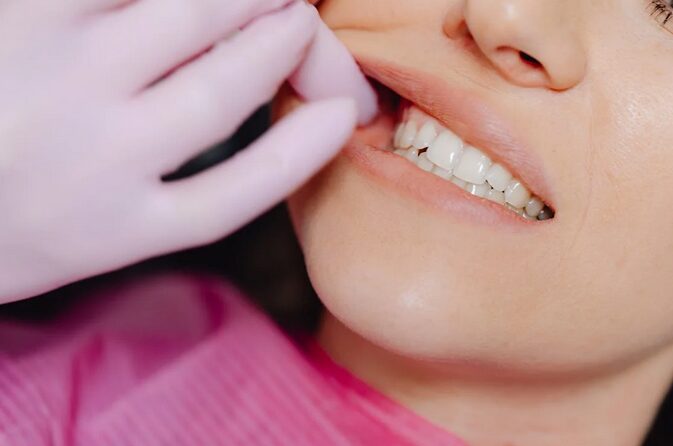The Vital Role of Dental Hygienists in Preventive Healthcare

When you think of a visit to the dentist, what comes to mind? Probably those intimidating dental chairs and bright lights. But lurking behind the scenes is a vital player in your oral health journey: the dental hygienist. Often overshadowed by dentists, these dedicated professionals are essential in maintaining not just our smiles but our overall well-being. They’re more than just friendly faces. They are champion of preventive healthcare and helps us understand that taking care of our teeth goes far beyond routine cleanings. Let’s delve into the important role they play in keeping us healthy from the inside out.
The Role of Dental Hygienists in Preventive Healthcare
Dental Hygienist Islington plays a pivotal role in preventive healthcare, acting as the frontline defenders of oral health. Their expertise goes beyond cleanings; they are trained to identify potential issues before they escalate into serious problems. During routine visits, dental hygienists conduct thorough examinations and use advanced tools to remove plaque and tartar buildup. This proactive approach helps prevent cavities and gum disease, which can lead to more severe health complications if left untreated. Moreover, they serve as educators for patients. By offering personalized advice on proper brushing techniques and dietary choices, hygienists empower individuals to take control of their oral hygiene.
Importance of Regular Dental Cleanings and Check-up

Regular dental cleanings and check-ups are essential for maintaining oral health. They help prevent plaque buildup, which can lead to cavities and gum disease. During these visits, dental hygienists remove tartar that regular brushing can’t eliminate. This process keeps teeth shiny and healthy. It also allows dentists to catch any potential issues early on. Routine check-ups enable professionals to monitor changes in your oral health over time. These appointments often include screenings for oral cancer, ensuring that any concerns are addressed promptly.
How Dental Hygienists Educate Patients on Oral Hygiene
Dental hygienists play a crucial role in patient education regarding oral hygiene. They are often the first point of contact during dental visits, allowing them to establish rapport and trust with patients. During appointments, hygienists provide personalized advice tailored to individual needs. They explain proper brushing techniques and demonstrate effective flossing methods. This hands-on approach helps patients understand how to maintain their oral health daily. Moreover, they discuss the importance of using fluoride toothpaste and mouthwash. By highlighting these products’ benefits, they empower patients to make informed choices about their oral care routines.
The Impact of Poor Oral Health on Overall Health

Poor oral health can have far-reaching consequences beyond just the mouth. It is intricately linked to several systemic diseases, including heart disease and diabetes. Bacteria from gum infections may enter the bloodstream, leading to inflammation in other parts of the body. Additionally, individuals with compromised oral health often face challenges like chronic pain or difficulty eating. This can result in nutritional deficiencies and further exacerbate existing health conditions. Mental well-being is also affected; persistent dental issues can lead to anxiety and depression due to concerns about appearance and social interactions.
Collaboration With Dentists and Other Healthcare Professionals
Dental hygienists play a pivotal role in the collaborative approach to healthcare. They work closely with dentists, ensuring that each patient’s treatment plan is comprehensive and tailored to individual needs. This teamwork enhances patient outcomes and fosters a seamless experience. Beyond the dental chair, hygienists often interact with other medical professionals. They share insights about how oral health can influence conditions such as diabetes or heart disease. This holistic view elevates preventive care.
Dental hygienists play a crucial role in the landscape of preventive healthcare. Their expertise not only enhances oral health but also impacts overall well-being. By performing regular cleanings and check-ups, they help identify potential issues before they escalate into serious problems. Moreover, their educational efforts empower patients to take charge of their own oral hygiene practices.


